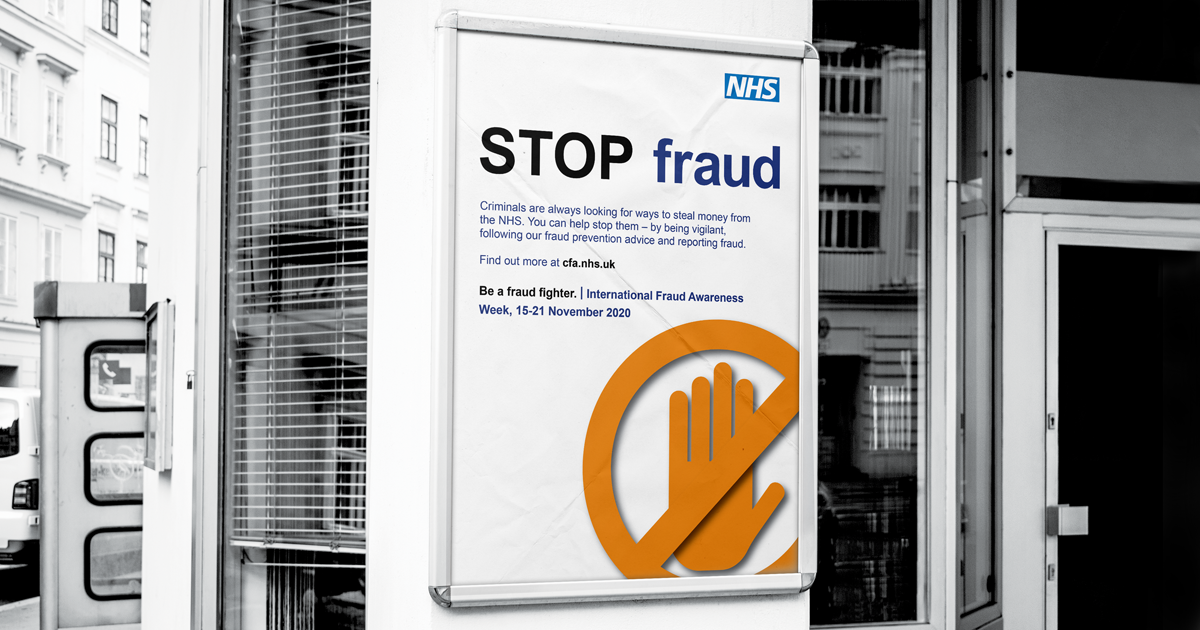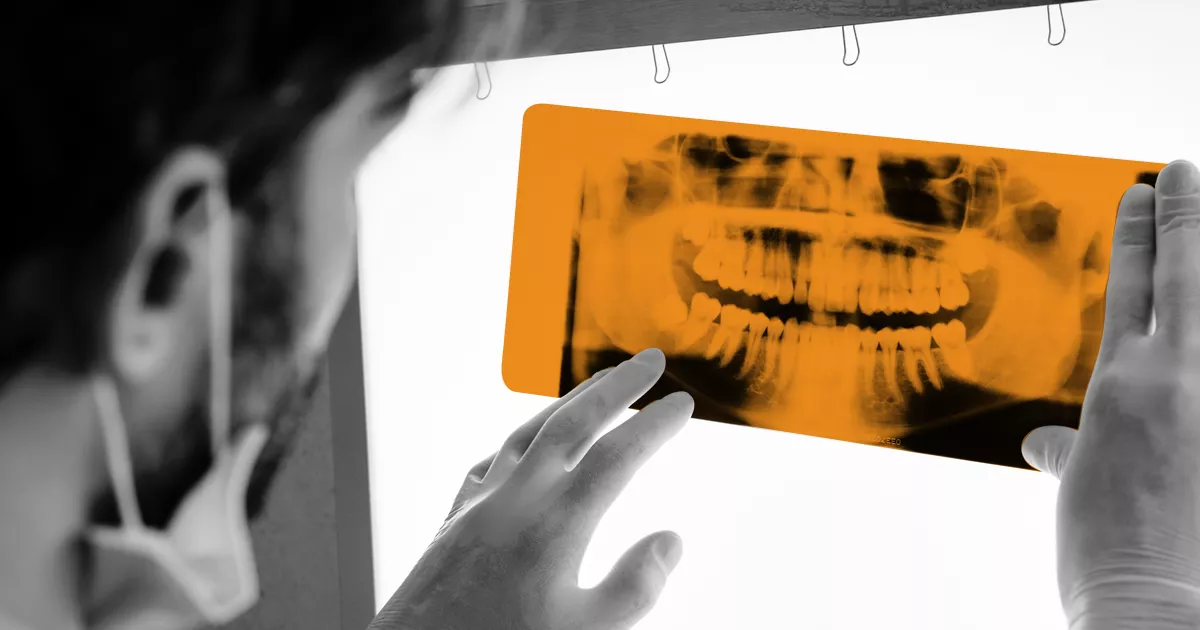-

Foreword
Alex Rothwell, Chief Executive Officer of the NHSCFA, introduces the 2025 Strategic Intelligence Assessment.
-

Executive summary
A brief overview of the NHS’s overall vulnerability to fraud, bribery and corruption.
-

Introduction
Why the NHSCFA produces an annual strategic intelligence assessment, and how the content should be interpreted.
-

How do we calculate fraud vulnerability
Our approach to assessing how financially vulnerable the NHS is to fraud.
-

Reporting trends
Levels of reporting received by the NHSCFA alleging fraud, bribery and corruption against the NHS in England compared to previous periods.
-

Cyber-facilitated fraud
Fraud which is facilitated by cyber breaches or attacks.
-

Procurement and commissioning of services fraud
Fraud relating to pre-tender activity, the commissioning process, post-tender activity and mandate fraud.
-

Patient exemption
Fraud within the main NHS services that require payment upfront in return for access. It also encompasses the onward sale or supply of prescribed medication.
-

Data manipulation
Fraud through falsifying data to meet targets, increase revenue or hide undesirable outcomes.
-

Community pharmaceutical contractor
Fraud relating to the falsification or exaggeration of services, as well as collusion.
-

General Practice (GP) contractor fraud
Fraud relating to the manipulation of income streams or activities that violate contractual terms perpetrated by either GPs or practice staff.
-

Optical contractor fraud
Fraud relating to submitting inappropriate claims to the NHS for optical treatments, services, or enhancements not delivered or clinically required.
-

Dental contractor fraud
Fraudulent claims submitted to the NHS by dentists and their staff members for a range of NHS services provided to patients.
-

NHS staff fraud
Fraud relating to NHS staff who manipulate their income and hours, insider abuses, and false representation during application processes.
-

Fraudulent access to secondary care from overseas-visitors
When a patient falsely represents themself as entitled to NHS care without charge, fails to disclose they are chargeable, or an NHS staff member has abused their position to facilitate the fraudulent access.
-

Reciprocal healthcare fraud
Fraudulent use of European Health Insurance Cards (EHICs), Global Health Insurance Cards (GHICs), Provisional Replacement Certificates (PRCs) and various other reciprocal healthcare arrangements. Also, false representation during the application stage.
-

Previous strategic intelligence assessments
Read the NHSCFA’s annual assessments of the NHS’s financial vulnerability to fraud from 2016-17 data onwards.
Strategic Intelligence Assessment
The NHSCFA conducts an annual strategic intelligence assessment to estimate fraud losses, identify possible threats, vulnerabilities, and facilitators, and evaluate the risk of fraud to the NHS. This assessment also evaluates the NHSCFA's ability to counter and reduce this risk.
Published: 25 September 2025
Was this page helpful?
Help us improve cfa.nhs.uk
Tell us what's happened so we can fix the problem. Please do not provide any personal, identifiable or sensitive information.